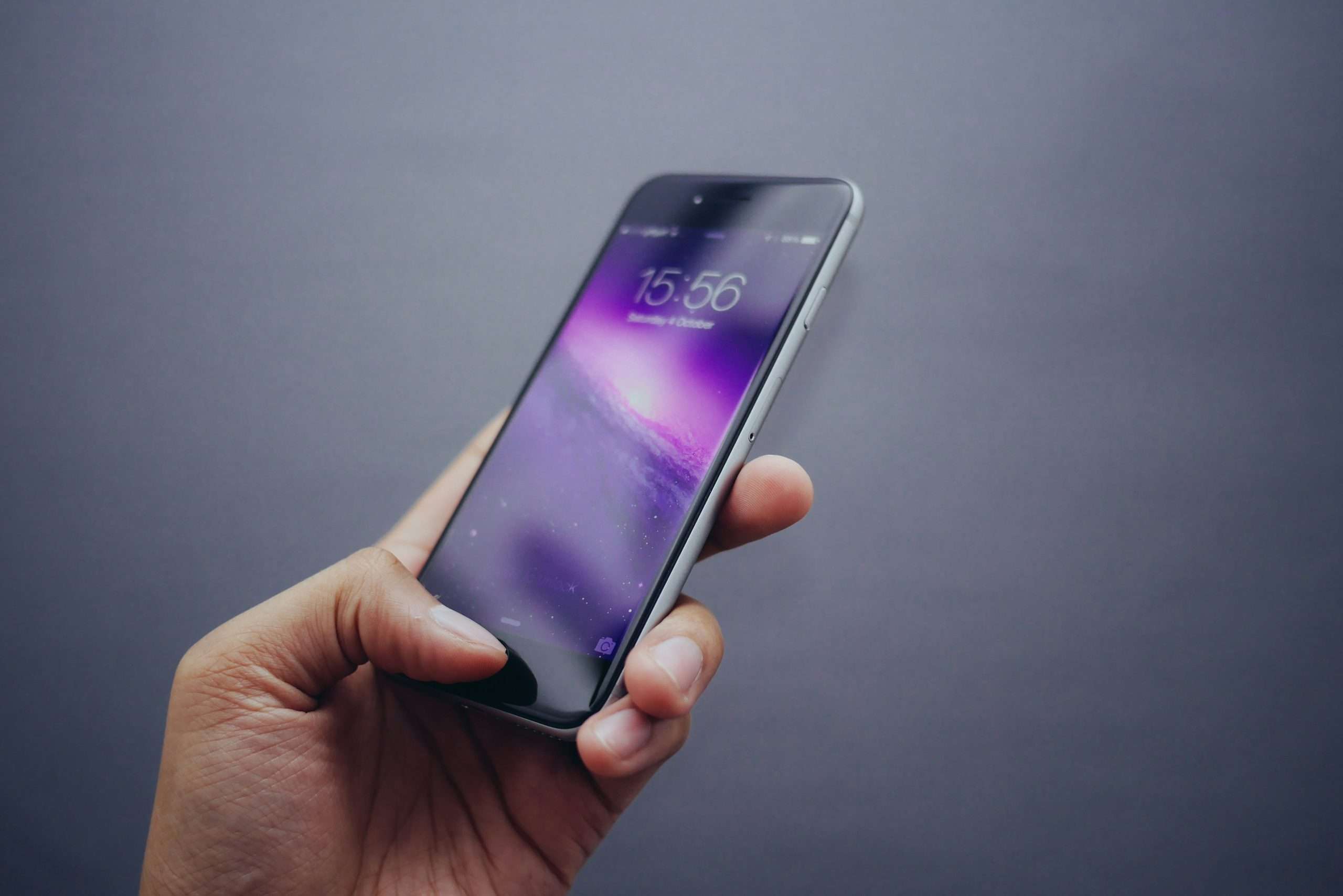Unlocking Success: The Critical Importance of Phone Number Verification for Businesses
Phone number verification plays a crucial role in ensuring the authenticity and ownership of phone numbers, primarily through the use of automated calls or SMS. This process incorporates two-factor authentication (2FA), which effectively cross-verifies user identities. According to AIPrise, phone number verification not only confirms that a phone number is active and correctly owned but also acts as a vital safeguard against fraudulent activities. This process is essential for connecting legitimate phone numbers with user accounts, thereby enhancing identity protection and facilitating secure communication between users and businesses.
Understanding the Phone Number Verification Process
The phone number verification process utilizes several methods to establish the validity and ownership of a phone number. The most prevalent method is One-Time Password (OTP) verification, where a unique code is dispatched via SMS or voice call. Users are then required to input this code within a designated timeframe to confirm their identity. This straightforward method provides an effective additional layer of security for account access and transaction approvals.
Advanced Verification Techniques
To improve accuracy, modern verification systems leverage APIs that conduct real-time analyses of phone numbers at the interaction point. These advanced systems not only validate phone numbers but also evaluate their current activity status and appropriate user association. They also include checks for potential signs of fraud, such as SIM swapping, which further strengthens security measures.
The Importance of Phone Verification Across Industries
Phone number verification extends beyond basic security measures; it is vital for protecting against fraud and unauthorized access. This enhances user confidence and compliance across various sectors, including:
- Banking
- E-commerce
- Healthcare
By verifying the identity of individuals interacting with platforms, businesses can ensure that users are who they claim to be, which is essential for safeguarding sensitive transactions and personal data.
Challenges Associated with Phone Verification
Despite its numerous benefits, phone verification does face some challenges. Issues such as:
- The potential for fake numbers
- Privacy concerns
- Risks associated with SIM swapping
can compromise the effectiveness of this verification method. Moreover, relying solely on phone access may exclude users lacking stable network connections or mobile devices, emphasizing the need for alternative verification methods.
Real-World Applications of Phone Number Verification
In practical terms, phone number verification is essential for:
- Onboarding new users
- Authenticating transactions
- Updating customer data accurately
This process ensures secure interactions, minimizes fraud risks in digital transactions, and maintains the integrity of user databases—an essential aspect of effective communication and marketing strategies.
Exploring Alternative Verification Methods
While phone number verification is widely utilized, there are alternatives worth considering, such as:
- Email verification
- Two-factor authentication (2FA) using apps or physical security keys
- Identity document verification
- Biometric methods like fingerprint or facial recognition
These alternatives can cater to users who prefer not to share their phone numbers or require enhanced security levels, making them suitable for a variety of business needs.
For further reading on security measures and verification processes, visit Security.com.







